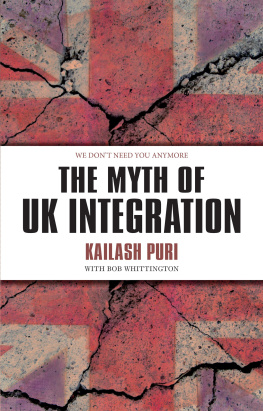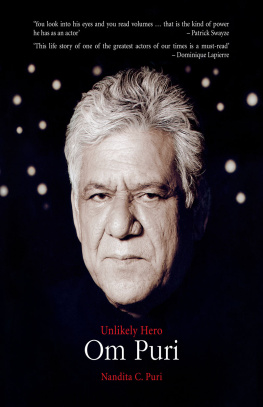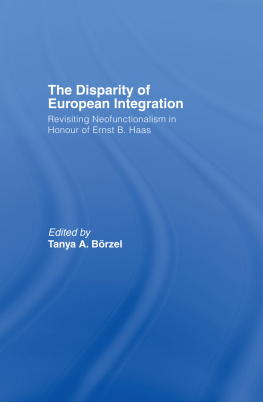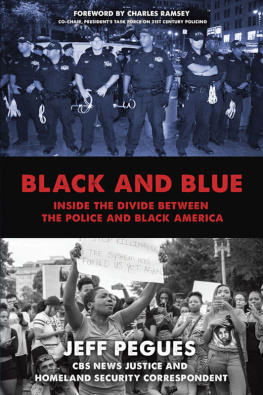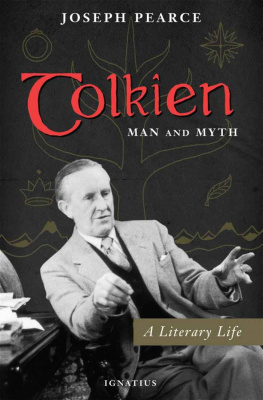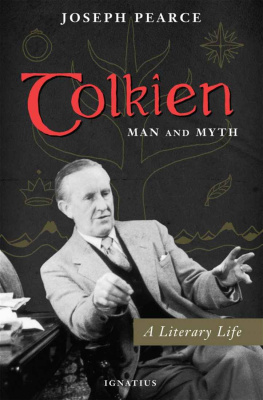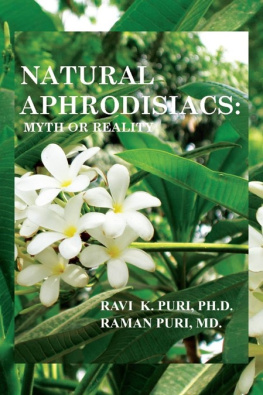
The Myth of UK Integration
This book dares to say what the Politically Correct Thought Police are determined you should not know.
Michael Cole
If we fail to learn how to live with one another... it is inevitable that divisions and hostility will occur.
From the Foreword by Lord Noon of St Johns Wood

Published by
Whittles Publishing Limited ,
Dunbeath,
Caithness, KW6 6EG,
Scotland, UK
www.whittlespublishing.com
2012 K Puri
All rights reserved.
No part of this publication may be reproduced, stored in a retrieval system, or transmitted, in any form or by any means, electronic, mechanical, recording or otherwise without prior permission of the publishers.
ISBN 978-184995-059-6
Cover flag image amended from original artwork by Connor James Mooney 2011
2011 Occa Design. All rights reserved.
eISBN 978-184995-197-5
Contents
Kailash Puri has spent her lifetime building bridges, restoring broken relationships, and her gentle but timely book continues this work in the same understated style.
Drawing on her personal experience of more than half a century of giving advice to successive generations as well as different nationalities in India, Africa, the USA and for most of her life in the UK, she calls our attention to sadly one of the most divisive features of British society our unwillingness to appreciate the richness of our diversity and as a result our apparent refusal to mix.
The success of some so-called ethnic minorities has done nothing to improve relations; in fact it has tended to have the reverse effect with inevitable adverse consequences. Equally the failure of some communities has been used as false evidence that racism flourishes in the UK.
If we fail to learn how to live with one another, and that does not mean existing in parallel worlds or hiding away in what Kailash Puri calls mink-lined ghettoes, it is inevitable that divisions and hostility will occur.
This book looks at real life through the eyes of ordinary people who are finding it difficult to make sense of our increasingly antagonistic and multi-cultural society; often the fractures are within the same community as younger generations challenge old traditions.
This is where all government policies and initiatives come into play on the streets, in the schools and homes of our country. Kailash Puri has written many books in her native Punjabi but this is her first in English and she has used the occasion to warn us that we must try to understand our differences and then start talking to one another before it is too late.
Lord Noon of St Johns Wood
There was discrimination on the factory floor, on the buses and trains. It hurt deeply, but we tried to ignore it, thinking we wont be here too long, only a couple more years until we have enough capital to start our own business back home in India. It was sheer hard work dark cold rooms, not even hot water. But now looking back after so many years, I think we did not have as many problems, pressures and worries then as we do today.
My agony aunts postbag is not only about sexual problems, it is also about concerns such as these. It reflects the minutiae of daily lives, as far removed from the corridors of political power as it possible to get and yet it is the very stuff of life. If law makers want to know about integration, or the lack of it, this is where they should begin their study.
This book focuses on the Indian population who over the last half century have settled in Britain and who, in large part, have been successful in all walks of life. But for the Indians, one could just as easily read Pakistani, Chinese, Arab, Polish, Bulgarian, Turk, Kurd or indeed any one of the other ethnic groups who have come to the United Kingdom in search of a better life. In London alone more than 300 different languages are said to be spoken.
Lets look at some numbers. According to the Office for National Statistics (ONS) the UK population increased more between 20092010 than in any year for the previous half century rising some 470,000 to an estimated 62,262,000 people. Interestingly it is the natural change, the difference between births and deaths, which accounted for just over half the increase overtaking net migration as the key element in the population growth. The highest recorded figure for people arriving in the UK was 590,000 in 2006; although if one includes illegal immigrants and those simply missed by the register all these figures could be much higher. The ONS points to the rising fertility of UK-born women and the rise in inward migration of women of child bearing age.
In 2009 the ONS projected that the population of the UK would increase by over 4 million to 65.6 million in 2018 and reach 71.6 million by 2033. More recently the House of Commons library estimated that we would push through the 70 million mark much earlier by 2026.
Soon after coming to office in July 2010, Britains new coalition Conservative/Liberal Democrat government was talking loudly of imposing a cap on non-European immigrants but there appeared to be signs of strain even within the cabinet about how strictly that would or could be enforced. It was suggested that the Conservative wing wanted to see an immigration figure nearer 50,000.
Migration between countries has been part of the worlds development for centuries and Britain is by no means the only place where people from other countries have settled. Equally the English, Irish, Scots and Welsh have travelled to other lands themselves in search of a new life it is estimated that three million emigrated between 1853 and 1880 alone in a bid to escape the grinding poverty of the slums of Victorian England. A record high 427,000 left Britain in 2008, but of those 255,000 were non-British citizens. The British have settled in America, Canada, Australia and New Zealand, but also in India, Burma, Africa and other more foreign destinations.
However the Anglo-Saxon settlers of old did not have racial problems in those countries as they were regarded as the rulers and commanded, in their view, racial superiority. Needless to say there was no question of their integrating. They did not have to learn the local language or change food habits or even wear the ethnic dress. Quite the reverse in fact, the locals were expected to learn the white rulers ways. Characteristically perhaps they kept themselves to themselves unless of course it was meeting the Maharajahs, Nawabs, political leaders or the business community. The English writer, Somerset Maugham, tartly observed the racial attitude of the colonials in the Indian Raj: Even the working class British women who are nowhere near the intelligence of Indian women kept them at arms length.
After World War II and the Independence and Partition of India in 1947, Indians and Pakistanis came to Britain where they were put to work in the factories and foundries. Life was hard. Overworked and alienated by the British, they were lonely and naturally wanted their families to join them. These first Asian arrivals, the factory fodder, were recruited by the retired British army soldiers who had served with the Indian army during World War II.
These early years were devoted to work seven days a week often with the husband and wife working different shifts. One who became a millionaire in later life recalls: When my wife stepped out of the bus in the evening, I boarded it to go to the factory. We were seldom at home together.
Next page
